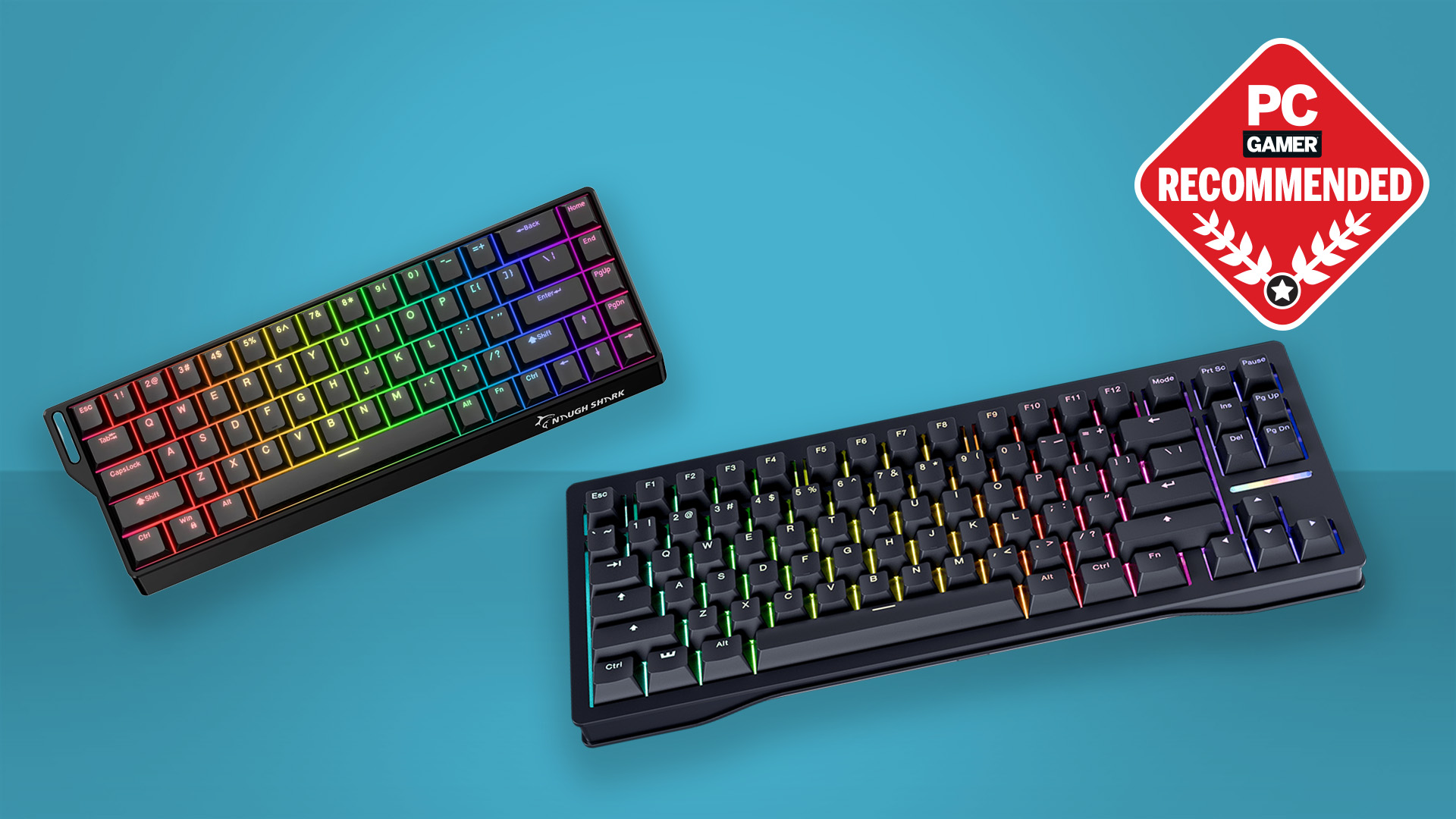Netherlands Gaming Authority cracks down on loot boxes in some games
Four of the 10 loot boxes examined in a study were found to violate Netherlands' gambling laws.

A recent study of loot boxes in 10 videogames by the Netherlands Gaming Authority has concluded that four of them are in violation of the country's gambling laws and must be changed. The regulatory body didn't reveal which games were included in the investigation, but warned that "enforcement action" will be taken against them if the loot boxes aren't modified to meet legal requirements by June 20.
"The study revealed that four of the ten loot boxes that were studied contravene the law. The reason is that the content of these loot boxes is determined by chance and that the prizes to be won can be traded outside of the game: the prizes have a market value," the report says. "Offering these types of games of chance to Dutch consumers without a license is prohibited."
Interestingly, the Gaming Authority report also appears to highlight the inadequacies of existing law in dealing with issues like loot boxes. "Those games that feature a combination of in-game goods that can be traded and the obtaining of these goods through loot boxes fall under Article 1 of the Betting and Gaming Act. As a licence cannot be issued for this offering under the applicable legislation, these loot boxes are prohibited in the Netherlands," it states.
"Six of the ten games with loot boxes that were studied do not contravene the law, as there is no question of in-game goods with a market value in these games. These games do not satisfy the definition of a prize in Article 1 of the Betting and Gaming Act."
The study was undertaken solely to clarify the "ambiguities" surrounding the question of loot box prohibitions in the country. But it also makes some very interesting comments on the addictiveness of loot boxes, which it said carry a "moderate to high addiction risk potential."
Presentation, rather than the loot itself, is the primary driver of addictiveness: Those on the high end of the scale "have integral elements that are similar to slot machines," the report said, including unlimited access, the ability to cash out virtual goods, particular visual and sound effects, and a "near miss" effect that encourages the feeling of having nearly won something. Loot boxes on the lower end of the addiction risk potential scale, on the other hand, are more akin to "small-scale bingo."
"As a result of opening loot boxes, socially vulnerable groups such as young people could eventually be encouraged to play other games of chance," the report warns. There is currently no evidence of large-scale loot box use among high-risk groups, but "the risk of gambling addiction in this group is many times higher than in adults."
Keep up to date with the most important stories and the best deals, as picked by the PC Gamer team.
The report succinctly sums up the legality of loot boxes in its final section, stating, "Loot boxes contravene the law if the in-game goods from the loot boxes are transferable. Loot boxes do not contravene the law if the in-game goods from the loot boxes are not transferable." But the Gaming Authority also made clear its opinion on the argument that loot boxes are not a form of gambling because they always deliver some form of in-game item when they're opened.
"This argument is not valid," it states. "The in-game goods differ and have different market values if they can be traded. It is beyond doubt that the real winner is the person who wins the major, valuable prize with a high market value."
A recent study by market analyst Juniper Research (via NOS) said that the value of loot boxes and skin gambling could exceed $50 billion by 2022. It also noted that although Steam has "attempted to address concerns" in the wake of class-action lawsuits in 2016, "significant gambling participation continues to exist."

Andy has been gaming on PCs from the very beginning, starting as a youngster with text adventures and primitive action games on a cassette-based TRS80. From there he graduated to the glory days of Sierra Online adventures and Microprose sims, ran a local BBS, learned how to build PCs, and developed a longstanding love of RPGs, immersive sims, and shooters. He began writing videogame news in 2007 for The Escapist and somehow managed to avoid getting fired until 2014, when he joined the storied ranks of PC Gamer. He covers all aspects of the industry, from new game announcements and patch notes to legal disputes, Twitch beefs, esports, and Henry Cavill. Lots of Henry Cavill.

